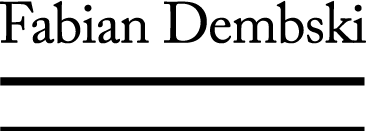-
TU Wien: Nature Based and Digital Solutions for Future Spatial Planning and Design

During the summer semester 2025, TU Wien’s Faculty of Architecture and Planning, Institute of Spatial Planning, offered an innovative course entitled Digital Twins in the Context of Renaturation: Nature-Based and Digital Solutions for Spatial Planning. The seminar, led by visiting professor Fabian Dembski, explored how digital technologies can be combined with ecological approaches to address…
-
Artificial Intelligence, Real Citizens: Using AI to Co-Design Better Neighborhoods

Finding a common language – beyond technical jargon – is essential to enable citizen science. Visualisation can be particularly useful in this context when it comes to creating scenarios in urban spaces or at the neighbourhood level. With the help of artificial intelligence, scenarios can be created in near real-time by laypersons, which can form…
-
Visiting Professorship at TU Wien

What are ‘digital twins’ and how can they support spatial planning and architecture? What tools and methods can we apply in this context to develop ‘nature-based and digital solutions’ and strategies for climate-resilient cities and regions, and how can we use these for collaborative approaches and more democratic processes? In the seminar “Digital Twins in…
-
Nature Based Solutions (NBS) in Central Tallinn

The research project ‘URBREATH’, funded by the European Union, started at the beginning of 2024 with the aim of implementing Nature Based Solutions (NBS) in urban areas to improve the resilience of cities and increase the quality of local life. The Academy of Architecture and Urban Studies at the Tallinn University of Technology (TalTech) is…
-
Has Digitalisation Not Been Given Enough Attention in Planning?
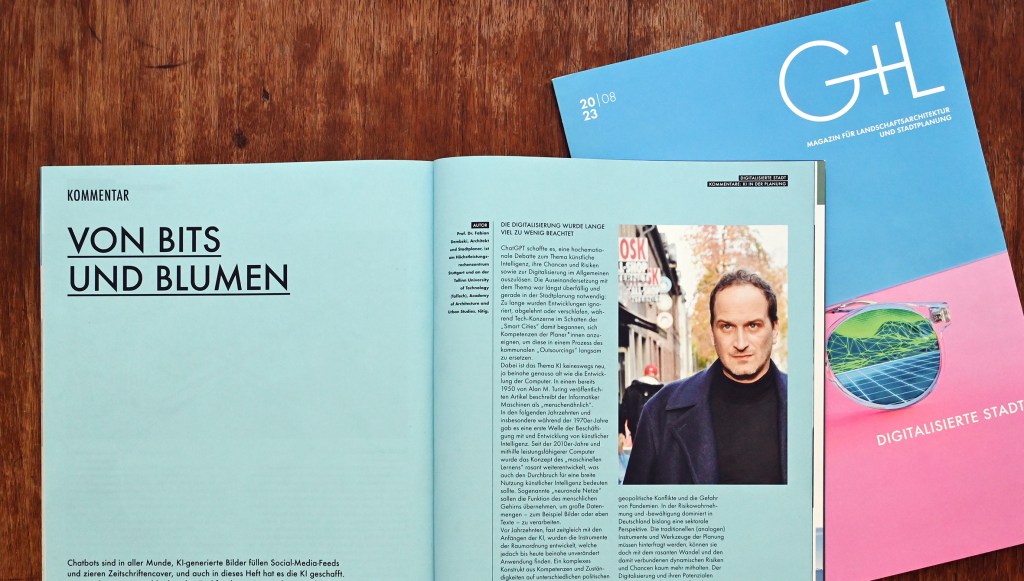
ChatGPT triggered a highly emotional debate on the topic of artificial intelligence, its opportunities and risks and digitalisation in general. Addressing the topic was long overdue and particularly necessary in urban planning: For too long, developments were ignored, rejected or slept through, while tech companies began to acquire planners’ skills in the shadow of “smart…
-
Study: How Youth Culture Shaped Urban Space in Vienna During the Pandemic
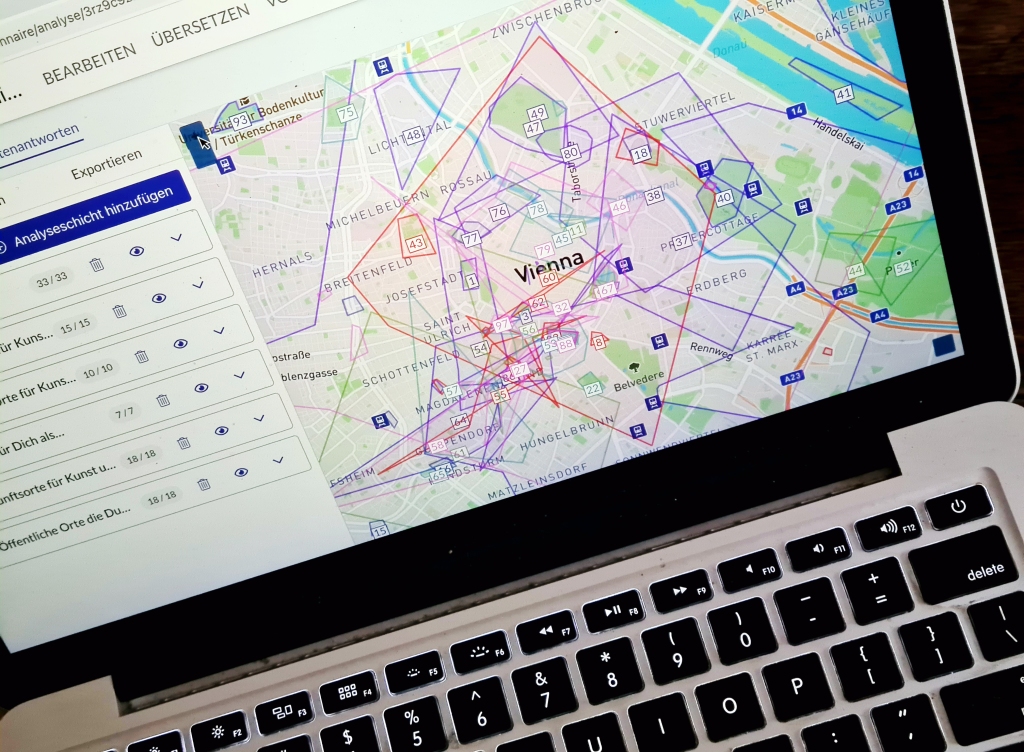
How did the pandemic change our urban spaces, and how sustainable was this development? The study investigates which places were frequented by young people during the COVID-19 measures in Vienna and how they were used and adapted for informal cultural and artistic activities. Using an online questionnaire or citizen engagement platform that also allowed geo-referenced…
-
GreenTwins Project Successfully Completed
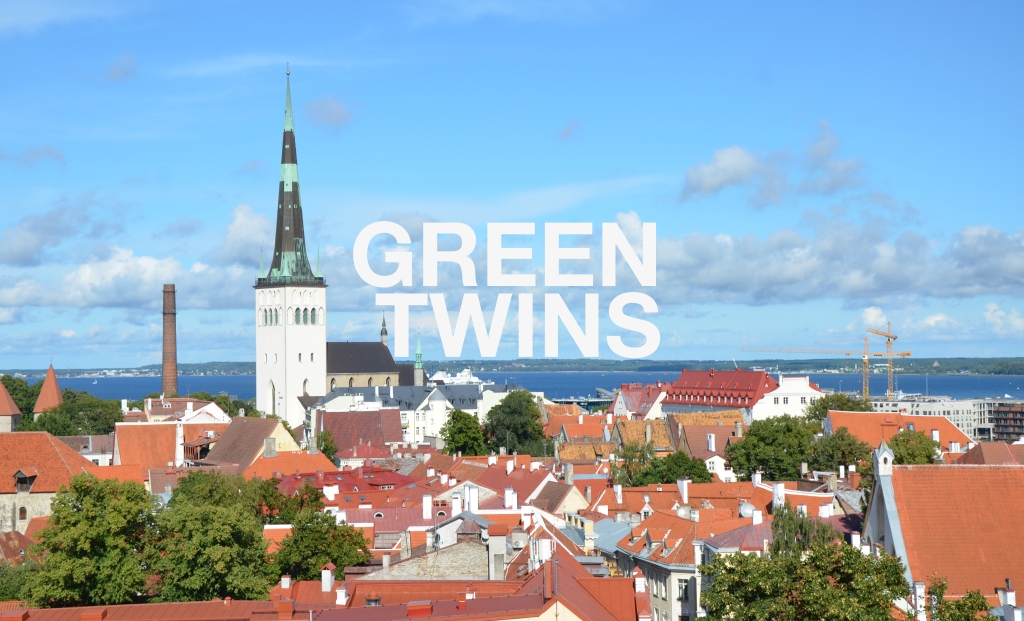
The GreenTwins large pilot project was completed with great success at the end of August. GreenTwins developed digital participatory tools and processes and a dynamic green layer for Tallinn’s digital twin. The applications and tools developed in the project are used, for example, by the City of Tallinn, the European Green Capital of 2023. To…
-
Supercomputing: Risk and Complexity in Planning
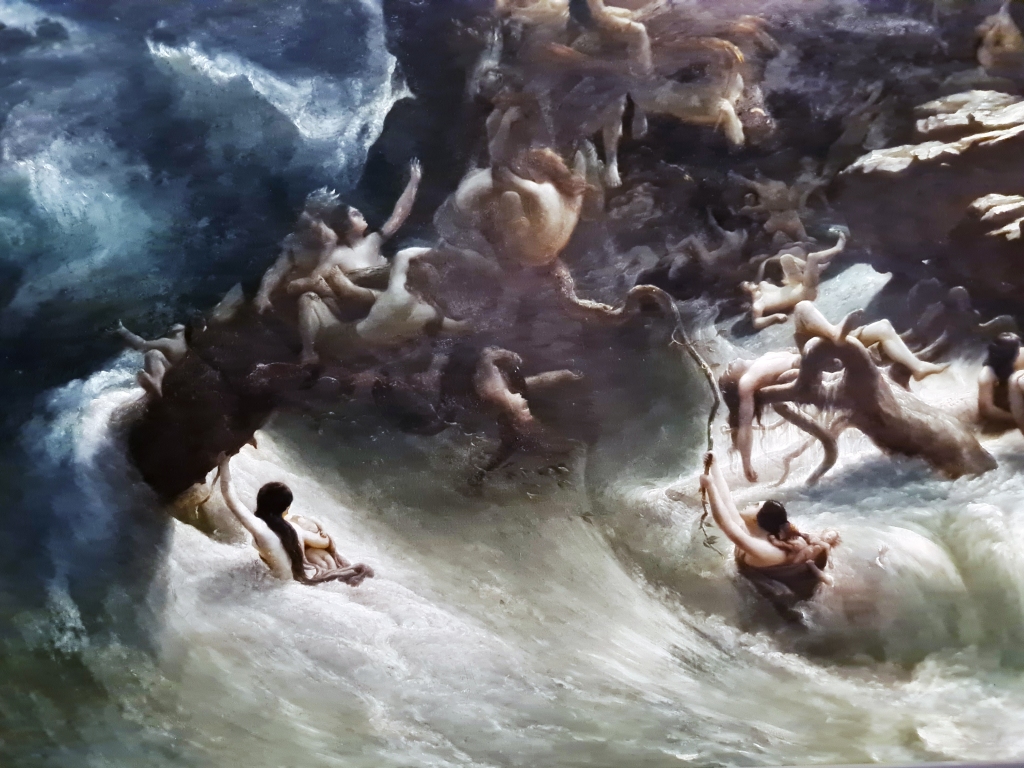
Can planning in Germany still keep up with its traditional instruments and tools in the current world of rapid change? There is great need for action in view of ever faster innovation cycles, global dynamics, conflicts and needs, which planning practice lags behind. Potential dangers are increased by extensive land consumption, resulting sealing, the conflict…
-
GreenTwins Tallinn and Helsinki: Digital Twins for More Democratic, Resilient and Greener Cities.
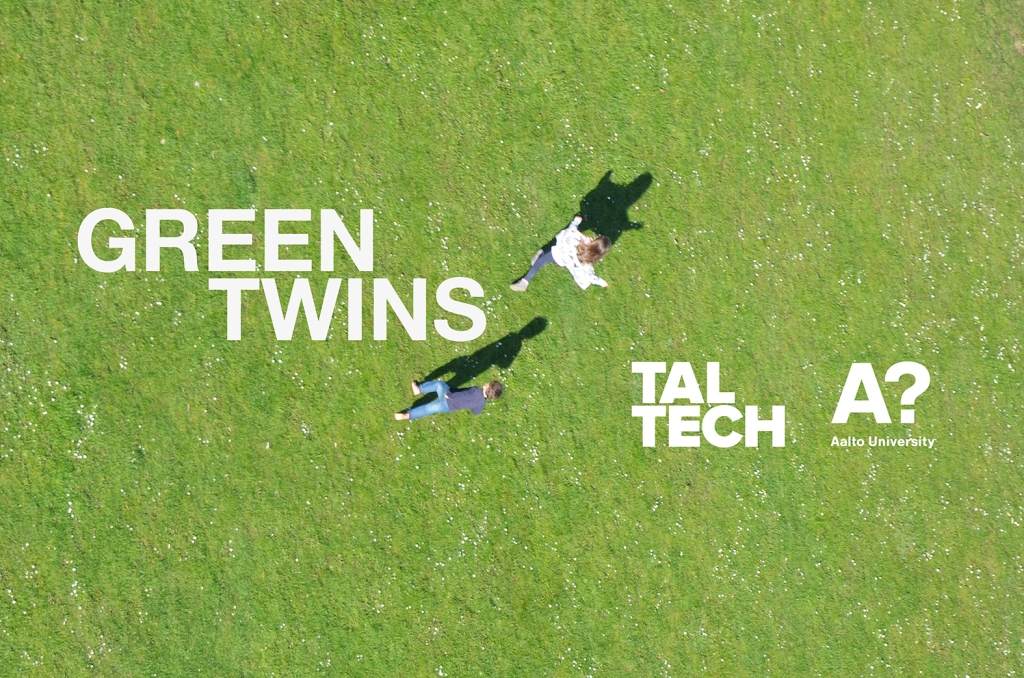
Green spaces in cities are of particular importance in the face of ongoing urbanisation and the anthropogenic climate change. Urban greenery affects the physical and mental health of citizens. It reduces the immediate effects of global warming such as heat islands and improves the thermal comfort of cities. In addition, plants have an impact on…
-
Urban Mobility and Placemaking: Using Digital Tools
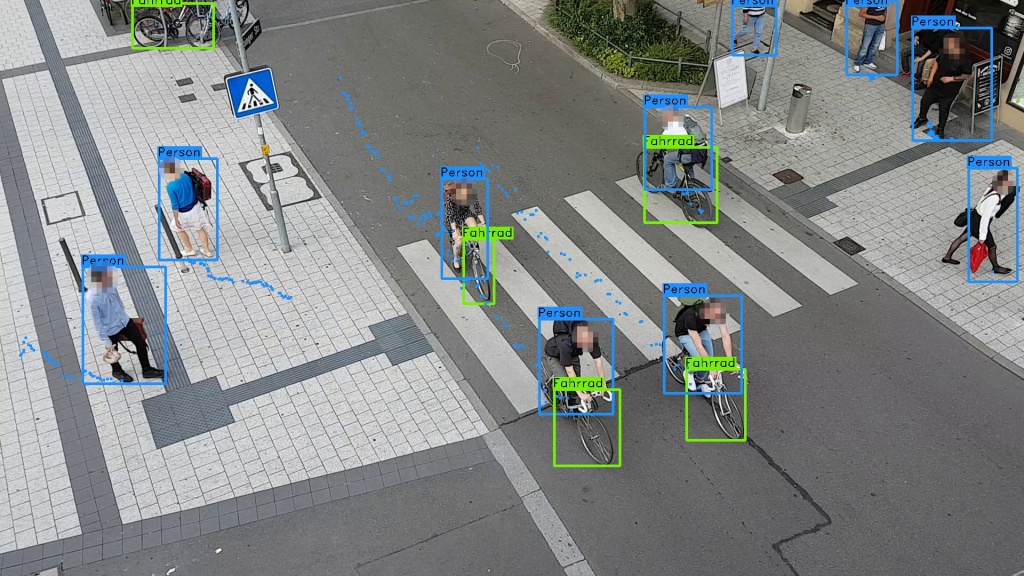
Urban spaces are subject to constant change. Urban planning and its infrastructure are complex and characterised by different interests.In the framework of the research project CapeReviso, we are developing a tool for urban and transport planning in order to achieve an improved and more democratic basis for decisions. The planning- and decision-support tool is developed…
